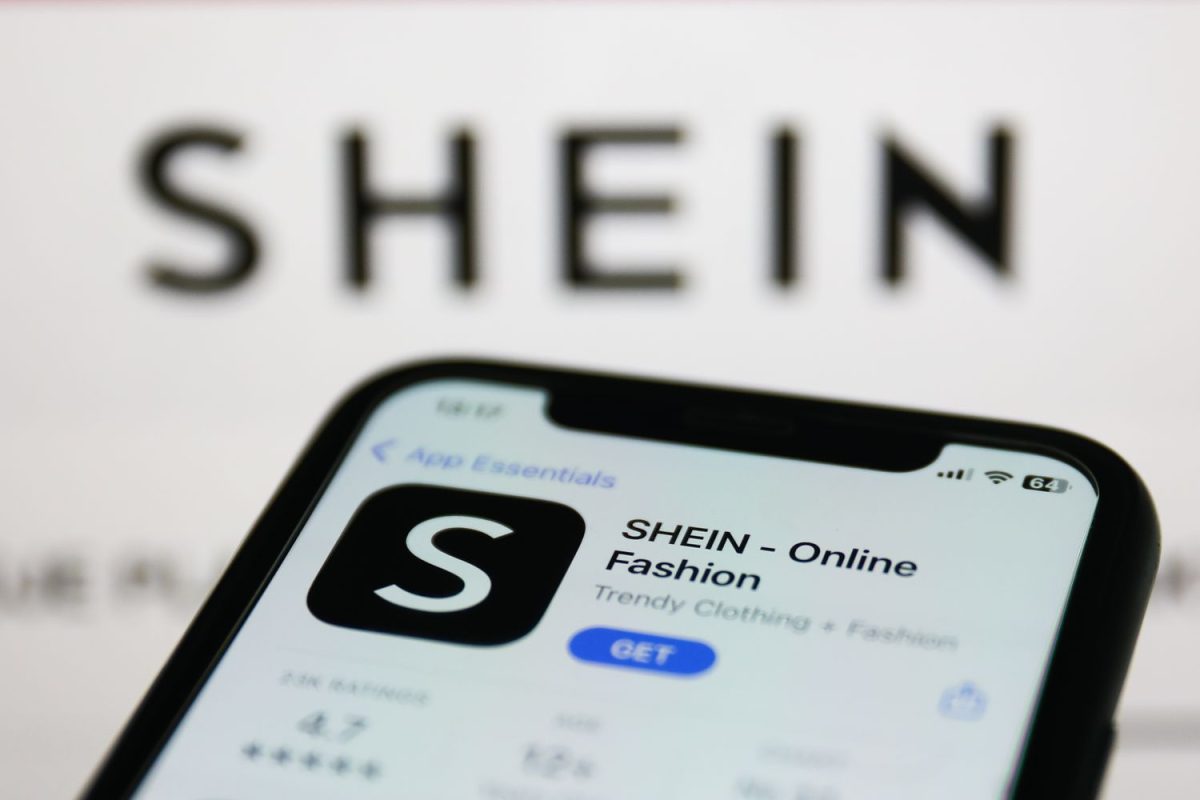
Fast Fashion Giant Shein Looks to Damage Second Hand Market With IPO
In the ever-evolving landscape of the fashion industry, SHEIN, the Chinese e-commerce giant, has made headlines with its recent Initial Public Offering (IPO). The IPO has garnered significant attention, not only for its potential to reshape the online retail sector but also for its potential implications on the second-hand and sustainable clothing markets.
SHEIN has rapidly risen to prominence, becoming a global force in the fast fashion realm. Known for its trendy and affordable clothing options, SHEIN has attracted a massive user base, particularly among younger consumers. The company’s decision to go public has fueled speculation about how its market presence and financial standing could impact the broader fashion industry.
Fast fashion, characterized by its quick production cycles and low-cost items, has long been criticized for its environmental impact. The industry is associated with high levels of waste, excessive resource consumption, and ethical concerns related to labor practices. As SHEIN expands its reach through its IPO, the scrutiny on fast fashion’s environmental footprint is likely to intensify.
One potential outcome of SHEIN’s IPO is its impact on the second-hand clothing market. With the increased focus on sustainability and ethical consumption, many consumers are turning to second-hand options as a more eco-friendly alternative. As SHEIN’s market share grows, it may prompt a counter-movement where consumers, more aware of the environmental costs, seek out pre-owned items to reduce their fashion footprint.
Concurrently, SHEIN’s IPO could catalyze a stronger focus on sustainable fashion. Consumers, now more than ever, are seeking brands that prioritize ethical sourcing, eco-friendly practices, and transparency. As SHEIN competes in the global market, the demand for sustainable alternatives might witness a surge. This presents an opportunity for sustainable fashion brands to capitalize on shifting consumer preferences and gain a larger market share.
However, SHEIN’s dominance in the fast fashion space could also pose challenges for second-hand and sustainable clothing brands. The allure of inexpensive, trendy items may continue to attract consumers away from more sustainable choices. It will be crucial for second-hand and sustainable brands to effectively communicate their value propositions and offer compelling alternatives to compete in this changing landscape.

Discussion
Be the first to leave a comment